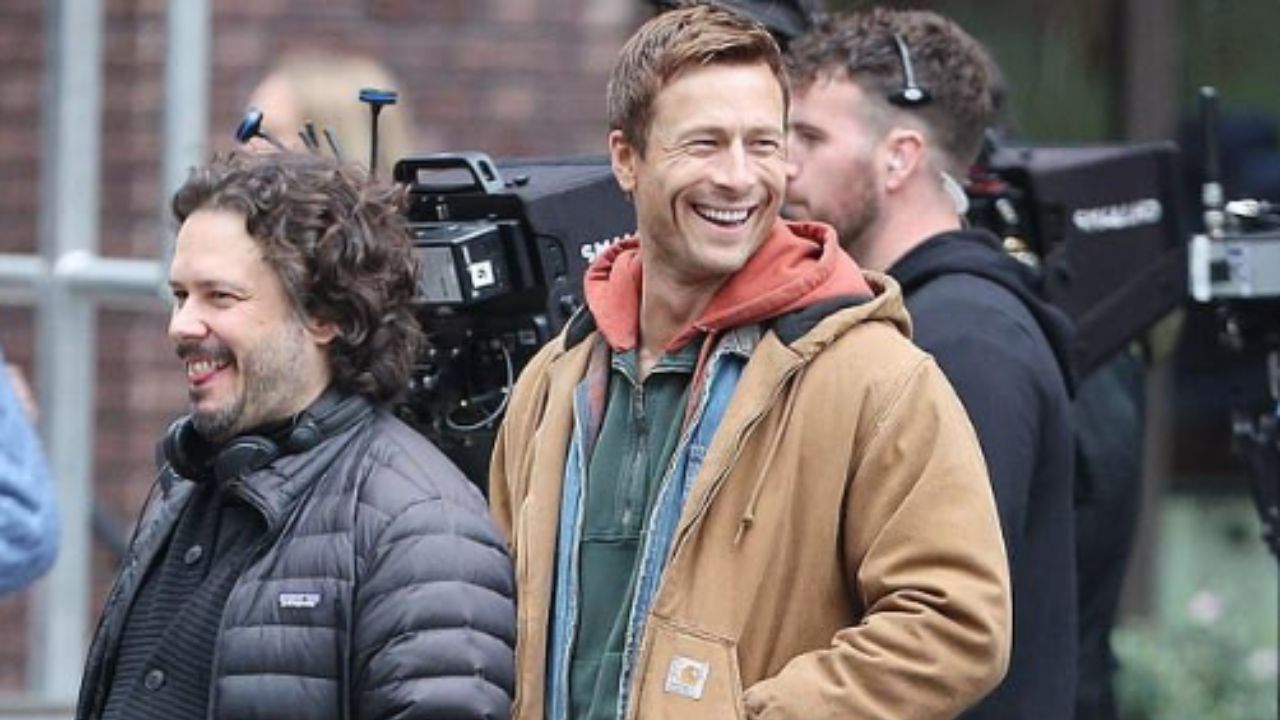The long-awaited reboot of The Running Man has finally given fans their first glimpse of action, with director Edgar Wright (Baby Driver, Shaun of the Dead) putting rising star Glen Powell (Top Gun: Maverick) “through the fire” in this bold reimagining of Stephen King’s dystopian classic.
A Fresh Take on a Cult Classic
Originally published in 1982 under King’s pseudonym Richard Bachman, The Running Man was first adapted into a 1987 film starring Arnold Schwarzenegger. While that version became a cult favorite, Wright’s adaptation promises to be far more faithful to King’s dark, satirical novel—a brutal commentary on media manipulation, class warfare, and the horrors of entertainment-as-violence.
The first footage, screened for select industry insiders, reveals a grittier, more politically charged vision. Gone are the cheesy one-liners and over-the-top ’80s action; instead, Wright crafts a tense, high-stakes thriller that feels terrifyingly relevant in today’s era of reality TV extremes and social media spectacle.
Glen Powell as Ben Richards: A Star-Making Performance?
Powell, fresh off his scene-stealing turn in Top Gun: Maverick, steps into the lead role of Ben Richards—a desperate man forced to compete in a deadly game show where fugitives are hunted for public amusement. Early reactions praise Powell’s raw intensity, a far cry from Schwarzenegger’s muscle-bound hero.
Wright reportedly put Powell through grueling physical training to capture Richards’ frantic survival instincts. Stunt coordinators describe chase sequences that rival Mad Max: Fury Road in sheer kinetic energy, with Powell performing many of his own stunts.
Edgar Wright’s Signature Style Meets Dystopian Horror
Known for his razor-sharp editing and rhythmic action sequences, Wright seems an inspired choice to modernize King’s bleak vision. The footage reportedly features:
- Breakneck chase scenes through neon-lit urban hellscapes
- Disturbing satire of bloodsport entertainment, echoing The Hunger Games but with far more teeth
- A haunting score by Wright’s frequent collaborator Steven Price (Baby Driver)
Perhaps most intriguing is Wright’s decision to retain the novel’s bleak ending—something the 1987 film famously avoided.
Supporting Cast Adds Depth
While Powell anchors the film, the ensemble adds serious dramatic weight:
- Jurnee Smollett (Lovecraft Country) as a fellow contestant with her own agenda
- Bryan Cranston as the sinister game show host Damon Killian
- John Boyega in a mysterious role rumored to be a revolutionary leader
Why This Matters Now More Than Ever
King’s novel predicted reality TV’s descent into exploitation, but Wright’s version seems to target our current age of viral outrage and algorithmic cruelty. Early footage reportedly shows:
- Live-streamed manhunts with viewer polls determining contestants’ fates
- Corporate sponsorships of executions
- A terrifyingly plausible dystopia where poverty-stricken “players” volunteer for slaughter to pay medical bills
Production Challenges & Release Plans
The project faced delays due to Hollywood strikes, but Wright used the time to refine the film’s ambitious CGI-enhanced practical effects. Paramount has slated it for a prime 2025 release date, positioning it as both awards bait and blockbuster material.
First Reactions: “A New Benchmark for Stephen King Adaptations”
While official reviews are months away, test screening attendees describe:
“A white-knuckle ride that makes Squid Game look tame”
“Powell proves he’s leading man material with this transformative performance”
“Wright’s most mature work—think Children of Men meets Network with his trademark flair”
The Verdict: A Potential Game-Changer
This Running Man won’t just run—it’ll sprint into the cultural conversation with something to say. Between Wright’s visionary direction, Powell’s star power, and King’s eternally relevant themes, this could be the rare remake that surpasses its predecessors.
One thing’s certain: the game has changed, and cinema will be better for it.
